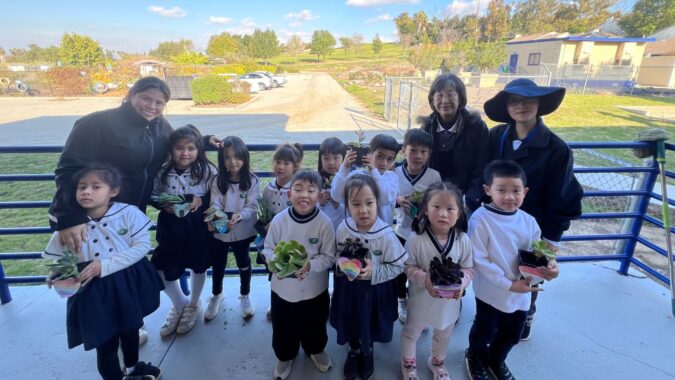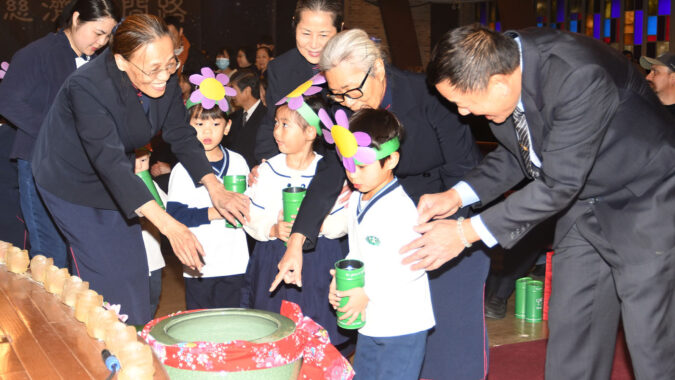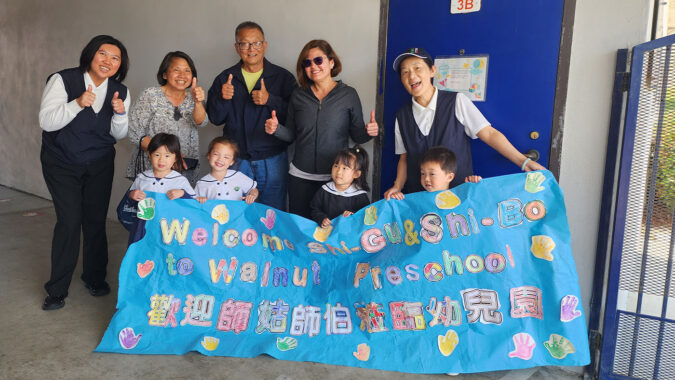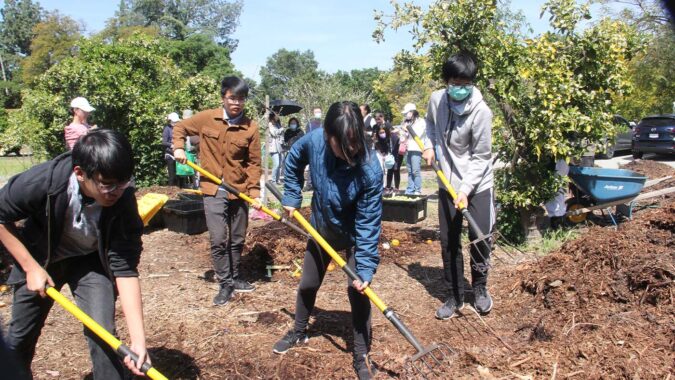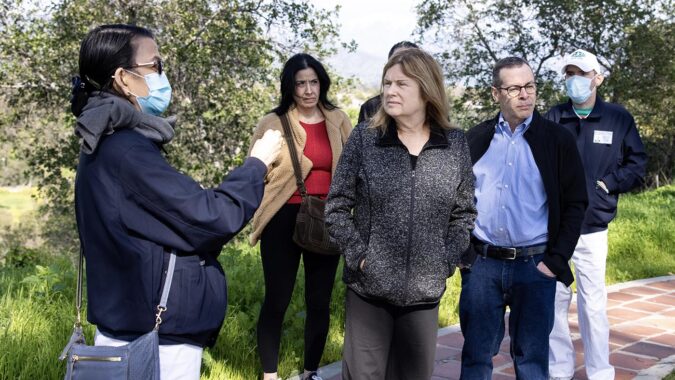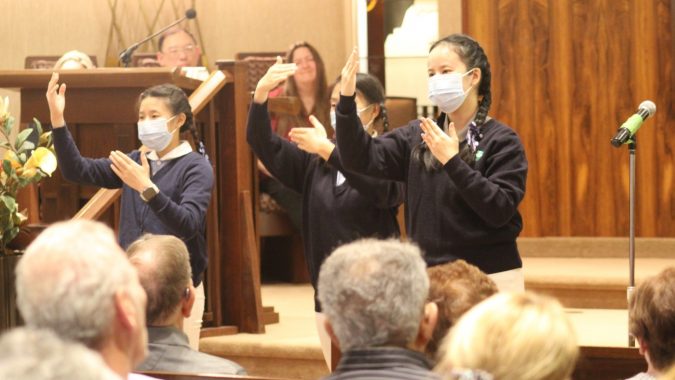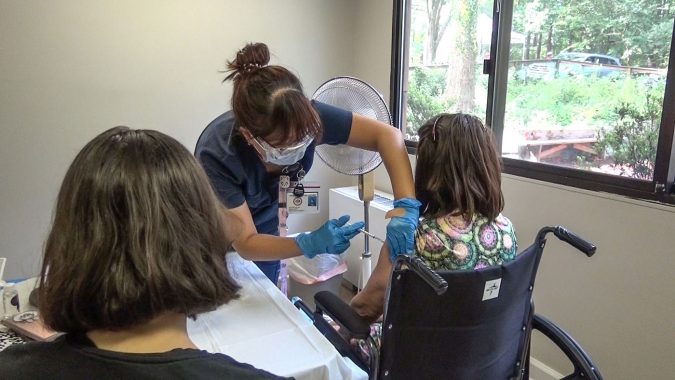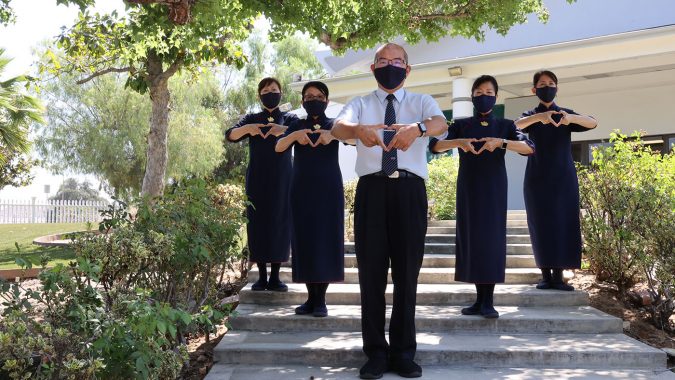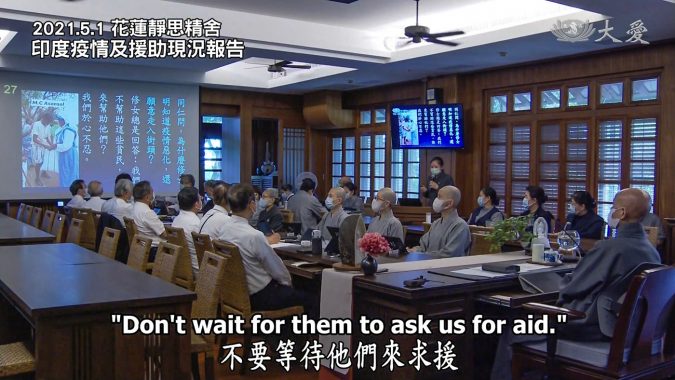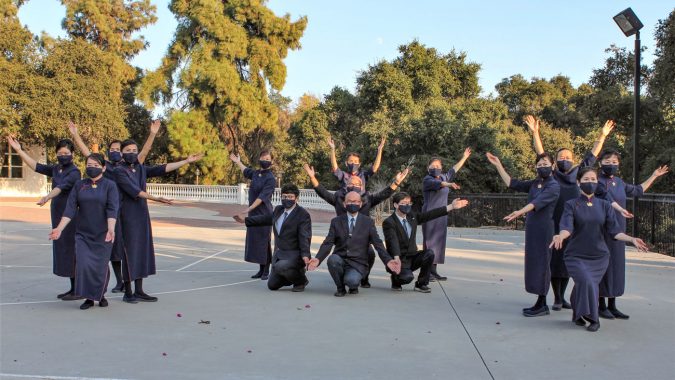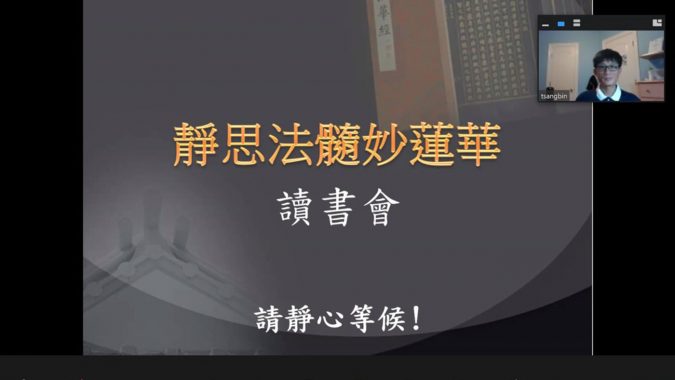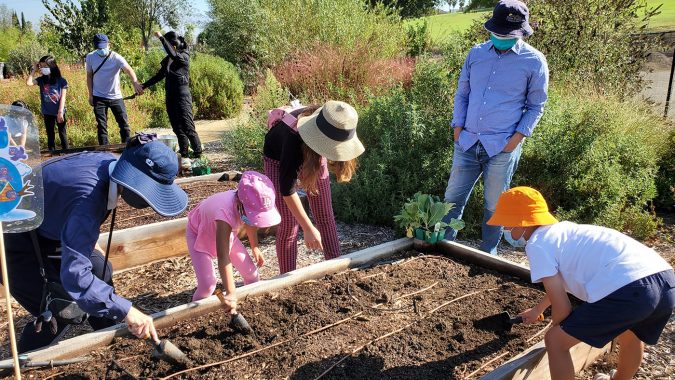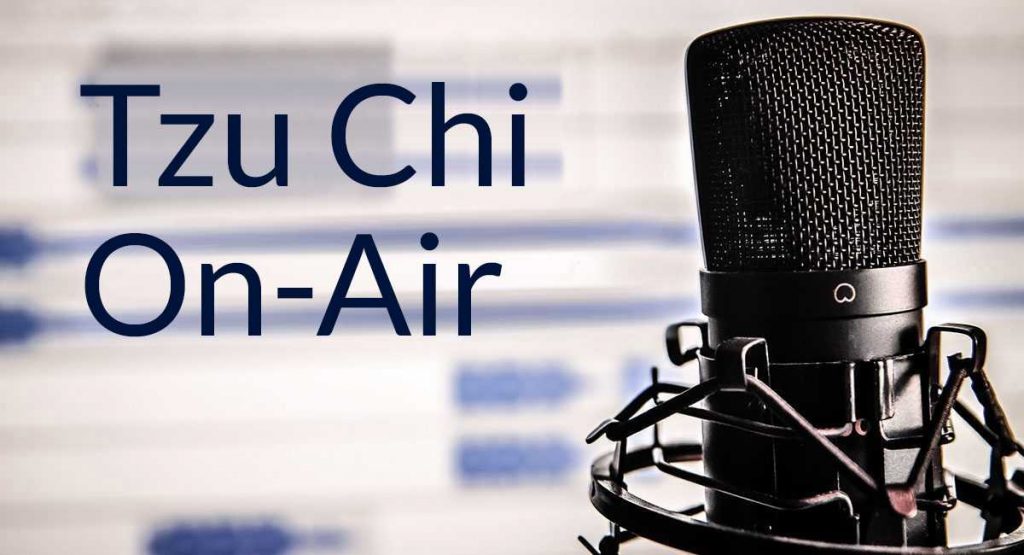
Story Time
Episode 5 of Tzu Chi On-Air tells a tale from the states of Liang and Zhu, which share a border. On the border of Liang lay a county governed by a wise magistrate named Song. It was his great hope that the people residing in these two neighboring states could someday coexist peacefully… But alas, it seemed impossible for them all to get along.
Spring marked the season for planting watermelons, and since the climate and the quality of the soil on both sides of the border were the same, people in both states sowed their watermelon seeds at the same time.
To grow watermelons, farmers must be very mindful. The people of Liang worked diligently and earnestly. They planted their seeds at the right time. Then, they properly fertilized and watered their crops. These farmers were very mindful, so their watermelons grew beautifully.
The people of Zhu, however, weren’t as careful. They also sowed seeds at the right time, but the farmers there were inattentive. They did not fertilize or water their crops at the proper times. So, although their watermelons did grow, they were not big, beautiful, or plentiful. The people of Zhu looked to their neighbors’ fields and wondered why they had such a big, beautiful crop. If they shared similar land and climate, why did those people do so much better?
The more they looked at their sparse harvest and tiny watermelons, the more resentful they became. This resentment grew out of jealousy — jealousy that their neighbors were better farmers, so they devised a plan to destroy their neighbors’ crops. In the middle of the night, they traversed the boundary to sabotage the crops of Liang.
The people of Liang woke to damaged fields and wondered what had happened. How could their plants and watermelons have been damaged overnight? They decided to take up watch the next night, and saw that it was the work of the farmers from Zhu. The people of Liang grew very angry, but did not act rashly. They went to Song, the magistrate, and explained the matter. The magistrate was very calm and analyzed the situation with great wisdom.
“Negative thoughts are the source of resentment and disaster,” he explained. “If we repay hurt with vengeance, the cycle of animosity will continue. The enmity and hatred will only deepen. That is not good. Let me tell you a way to resolve this. They are upset because their watermelons are growing poorly. So, during the night, you should send people over to fertilize and water their crops so their melons can grow abundantly like ours. Then this problem can be safely resolved. But do not let them know that you are helping them. We must do this in secret.”
Many of the citizens had doubts. “Really? They destroyed our crops. Why should we help them?”
But since these were the wise magistrate’s instructions, they listened. The farmers of Liang secretly snuck over each night to water the crops and fertilize the land in the state of Zhu. After some time, the melons in the state of Zhu flourished and grew beautifully.
The people of Zhu noticed the change and thought, “That’s strange. How did our watermelons grow to look like the ones in Liang? We have not taken any special care of the crops, or done anything differently. Why are there so many watermelons? We will have a plentiful harvest soon!”
The people of Zhu were very curious about the change. So, it was their turn to take up watch at night. What they saw astounded them.
“Wow! The people from Liang are secretly watering and fertilizing the fields for us at night. They have revived our crops!”
Seeing this, the people of Zhu had discovered a new sense of gratitude.
This story began with resentment and jealousy. Resentment led the people of Zhu to sabotage their neighbors. But in this case, the victims of the damage due to jealousy were able to wisely repay resentment with virtuous actions. They decided to secretly help their rivals become just as successful as themselves. The offenders witnessed true kindness, and their hearts were filled with appreciation.
Mutual respect and gratitude dissolve resentment and hostility. This principle can be applied in our daily spiritual practices. If we are mistreated by others, we must open our hearts and be accommodating. We should try to understand why they are treating us negatively rather than simply reject them. If we can truly look at things from another’s point of view and be understanding, will we still feel resentment, hatred, jealousy, or animosity? Surely not.
If we open our hearts and broaden our minds, we can embrace everyone and everything. If we condition ourselves to respond with understanding and kindness, we can break that destructive cycle.
Jing Si Aphorism
This week’s episode of Tzu Chi On-Air incorporates a special segment wherein individuals share their experiences, and how they discovered a new sense of strength through learning Jing Si Aphorisms.
Our very first guest is a preschool teacher and Tzu Chi volunteer named Diana!
Diana enjoys starting off the day with an inspirational quote. One of her favorites happens to be an aphorism by Master Cheng Yen, founder of the Buddhist Tzu Chi Foundation:
Use our time well to cultivate a deeper understanding of life and we can help not only ourselves but also others.
Master Cheng Yen
With this quote close at heart, it acts as a reminder to slow down, to always be mindful and within the present moment — to take time to pause and observe. In understanding how her students are feeling and what’s important to them, Diana is able to create deeper, more authentic connections with her students. With this deeper understanding, Diana can support their individual needs more fully, and create happier, healthier relationships, which in turn, fosters greater creativity in learning!
Food For Thought
Today’s “Food For Thought” segment brings us a truly important lesson on forgiveness and understanding.
When someone says something that is harsh and hurtful during an argument, we tend to replay those words for hours or even our whole lives: the words themselves, the way they were said, how they made us feel…
Practicing “loving speech,” however, is meant to put a person in a healthier place psychologically through acknowledging the feelings of the person who hurt them, letting go of afflictions born of that moment, and walking a higher path paved by compassion and understanding. The exercise goes like this:
Revisit the negative memory understanding the impossibility of turning back time to undo or redo a particular verbal exchange, rather, use this past encounter to learn important lessons. Write down the words that were said to you, and examine how they make you feel having had some distance from the initial interaction.
What images spring to mind? Does your breathing escalate? Do your shoulders tense? These are biological reactions to stress, perhaps even the same physiological distress we experienced at that time. This is one of a few pathways to overcome it.
Re-read what was said to you. Practice saying it aloud, as though your intention was to hurt or belittle. Notice the quality of the energy that’s required to do so. You may feel such negative feelings as being flustered, angered, or deeply anxious and stressed. These are all forms of pain. And thus, here lies our revelation: when someone hurts us with their words, they are already in pain themselves.
In the face of such an anguished message, a choice now appears before us: to respond in kind, or with kindness, to the other person’s pain. You are in control now — through understanding, you’ve been granted a great power over this imagined situation.
Upon re-reading the words, think about what words you could have said to comfort that person. Read your new response aloud with the objective to soothe. How could the outcome of the same situation have possibly changed had you responded with this love? If you answered positively to this question, you have learned an important lesson.
Once we can acknowledge our power, and not powerlessness, over the situation, we can actively choose to heal another, absolve ourselves of their misdirected pain, or move the relationship forward out of that negative space.
Kindness is never wasted. There is no gift more valuable than kindness, especially when we need it most.

